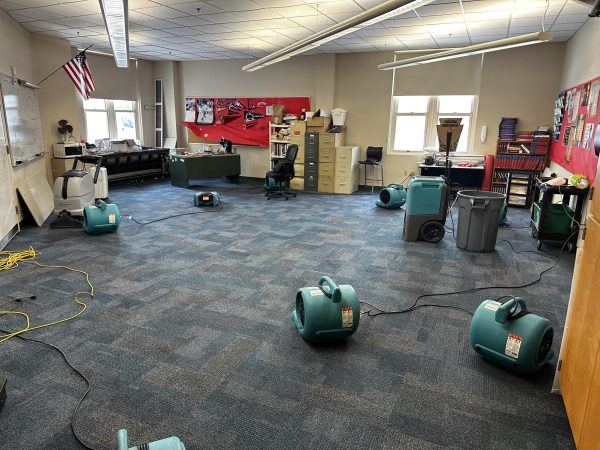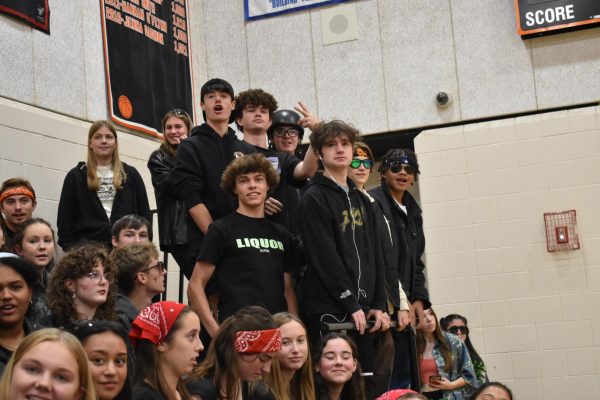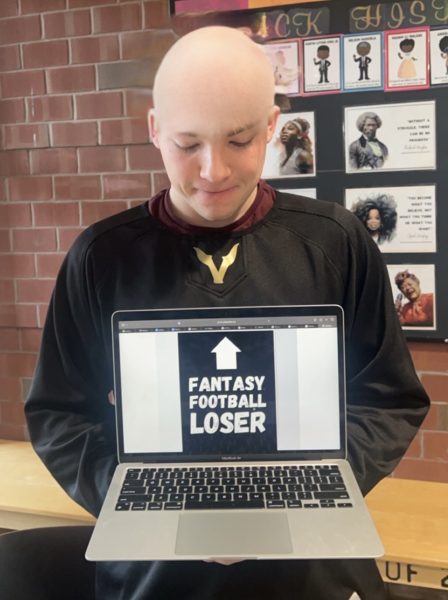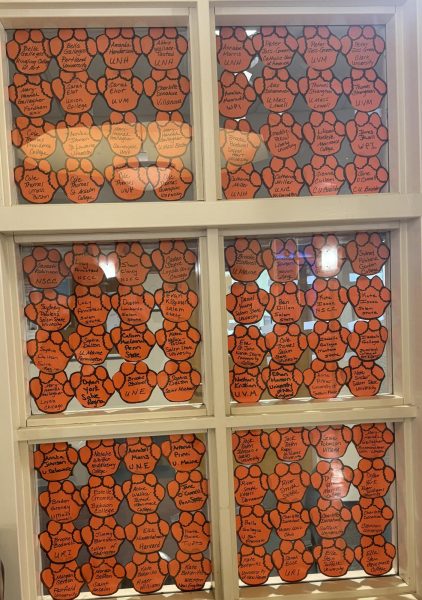College Or Trade
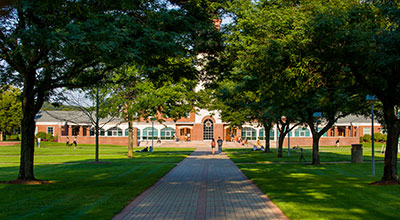
March 17, 2015
The high school graduation rate in the United States is 79%, according to The U.S. Department of Education. After a high school diploma is received, the question becomes, “what’s next?” The most popular answer to that question would be to attend a college or university. However, another answer to that question could be to attend a trade school. Both of these options are different in their own way, just like each student who chooses what path will correspond with the plans they have for their own future.
A college or university is considered a secondary education. The common term, college, usually describes a school that may stand alone or one that makes up one part of a university. There may be several colleges on a single university campus. Universities are defined as larger and more independent than colleges. They are more likely to offer graduate and postgraduate courses and degrees. These secondary schools generally offer a well rounded education. Schools will sometimes have programs called ‘core classes,’ that are designed by the school for every incoming freshman to take in order to receive that school’s idea of a well balanced education.
Besides just solely education, colleges and universities both have their own additional benefits. Typically they are known for their campuses, which are something that a lot of students look for when choosing a school, a safe, nice looking, homelike feel of campus. Within that campus, schools offer a wide variety of activities for students to join. Many schools offer countless clubs, both academic and non academic. Participating in sports is also another large part of college for some students, whether they will play a varsity sport or simply join an intramural to make some new friends. Another way to meet new people on campus is to rush a sorority or fraternity, which many schools have as part of their greek life on campus.
Senior at Ipswich High School, Ellie Swenson is planning to attend Quinnipiac University in the fall of 2015. From the beginning, Ellie knew that she wanted to attend a four year university. Both of her parents had, and her brother is attending one currently. Ellie was first drawn to Quinnipiac when th e head women’s lacrosse coach reached out to her. A few months after that, Ellie was committed to play lacrosse as a Bobcat starting in the fall of 2015. However, she didn’t only commit to Quinnipiac for its lacrosse team. Other than furthering her lacrosse career in college, Ellie found other things about Quinnipiac that she fell in love with. “The campus is beautiful, it has exactly the program I am looking for and it’s the perfect distance from home – about two and a half hours.” Ellie is planning to study business and finance, as well as partaking in as many activities around campus as she can, including rushing a sorority.
e head women’s lacrosse coach reached out to her. A few months after that, Ellie was committed to play lacrosse as a Bobcat starting in the fall of 2015. However, she didn’t only commit to Quinnipiac for its lacrosse team. Other than furthering her lacrosse career in college, Ellie found other things about Quinnipiac that she fell in love with. “The campus is beautiful, it has exactly the program I am looking for and it’s the perfect distance from home – about two and a half hours.” Ellie is planning to study business and finance, as well as partaking in as many activities around campus as she can, including rushing a sorority.
Different than a traditional university, a trade school- also called a vocational school -is a job-specific education where students learn skills they need to enter a particular career as a skilled worker. Trade schools streamline the education process and focus solely on the hands-on training necessary for a specific career. Examples of these careers include: building construction, electrical technology, HVAC technology, diesel technician, combination welding, industrial maintenance, and commercial truck driving. These schools differ widely from a typical university. Trade schools are also program specific when it comes to the amount of schooling needed; they can range anywhere from 58 weeks to only 10 weeks.
Similar to colleges, trade schools can provide scholarships and financial aid to incoming and current students, and on average cost about 70% less than college. Typically, trade schools are paid off within five years of graduation. In addition, graduation from a vocational school will most likely put you into a career two years faster than college would. This is a perfect route for students who know exactly the career they wish to pursue, and those that are determined to work hard to learn the required skills.
According to guidance counselor Justine May, students at Ipswich High are more inclined to look at and pursue a future including a college education rather than a trade school education. “UTI, Universal Technical Institute, is the most common trade school that we [guidance counselors] have seen Ipswich students look at and attend,” she added.
However, trade schools do miss out on opportunities like a more rounded education rather than a specific skill set. They also don’t have college components such as a campus with dorms, clubs and other organizations, and sports teams. Each option is very different, and each have their own pros and cons. This is why it is so important to carefully consider what path to take after high school, whether it is focused straight towards a career, or a towards a more general and activity-full education.

